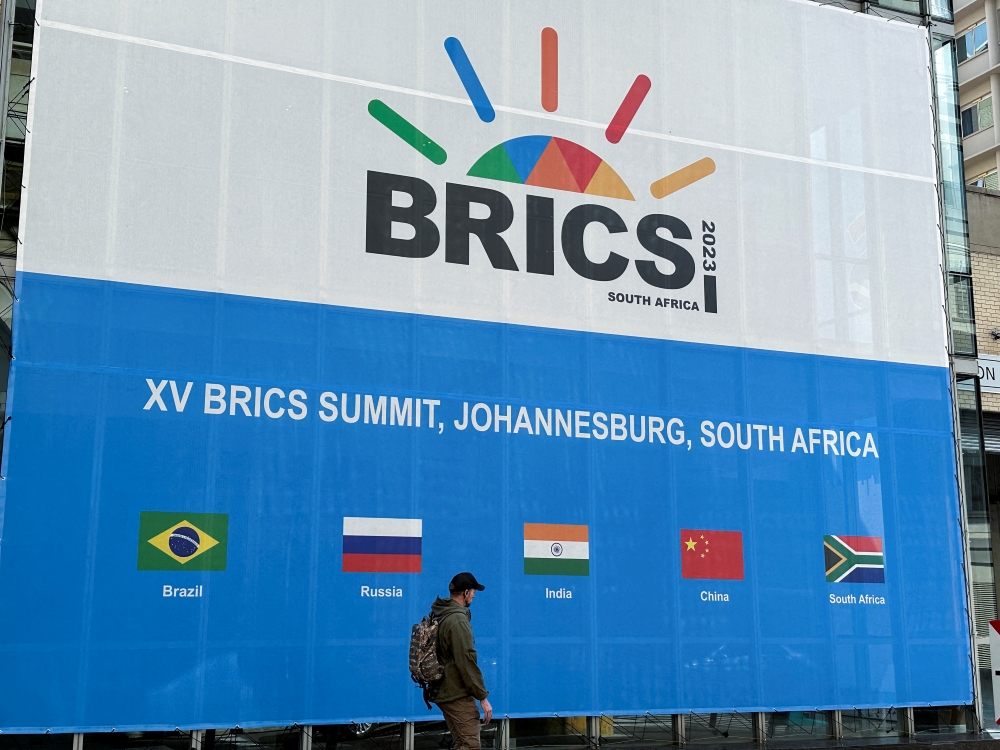BRICS will welcome Egypt and Ethiopia into the fold in 2024, with Argentina, Iran, Saudi Arabia and the UAE also joining.
The BRICS (Brazil, Russia, India, China and South Africa) 2023 summit in Johannesburg saw an announcement that Egypt, Ethiopia, Argentina, Iran, Saudi Arabia, and the United Arab Emirates would be joining the group in early 2024.
BRICS bolsters its membership
The leaders of the BRICS nations gathered in Johannesburg, South Africa for a landmark summit, wherein they made a historic announcement to broaden the group’s membership. Come January 1, 2024, the group will include not only Argentina, Iran, Saudi Arabia, and the United Arab Emirates but also two African countries, Egypt and Ethiopia. This expansion, hailed by the organizers as a demonstration of BRICS’ determination for unity and cooperation among developing nations, holds the potential to amplify the voices of emerging economies on the global stage.
Strengthening global financial architecture
A major focal point of the summit was the commitment to explore the expansion of local currencies in international trade, an initiative aimed at challenging the prevailing supremacy of the US dollar. By entrusting the BRICS finance ministers and central bank governors with this task, the bloc aspires to bolster the stability, reliability, and fairness of the global financial architecture. This strategic step underlines BRICS’ intent to reshape international trade dynamics and contribute to a more balanced economic landscape.
Africa’s growing presence
According to Statista, the combined GDP of the current BRICS members outpaced that of the G7 nations in terms of purchasing power parity in 2020. Over the years, their share of global GDP has surged from 16.9% in 1995 to an impressive 32.1%. With the addition of Egypt and Ethiopia, Africa’s representation within BRICS will swell to over 25%, further cementing the continent’s influence within the bloc. The expansion not only bolsters the role of African economies but also lays the foundation for reshaping international economic dynamics.
BRICS – Multilateralism
More than 40 nations have expressed interest in joining BRICS, with aspirations to participate in this transformative economic collaboration. The summit has sparked debates on the realignment of the geopolitical landscape, and Hippolyte Fofack, Chief Economist of Afreximbank, predicts that the expansion holds the potential to create significant economic and geopolitical shifts.
As the BRICS group expands its horizons with the inclusion of Egypt and Ethiopia, speculation on the global economic landscape intensifies. While some dismiss the expansion’s immediate impact, the development of the New Development Bank and discussions on local currency usage underline the evolving dynamics of this economic alliance. As the geopolitical map continues to shift, the role of BRICS in shaping multilateralism remains a point of contention and curiosity on the world stage.
For more trade and business news, visit our dedicated archives.
